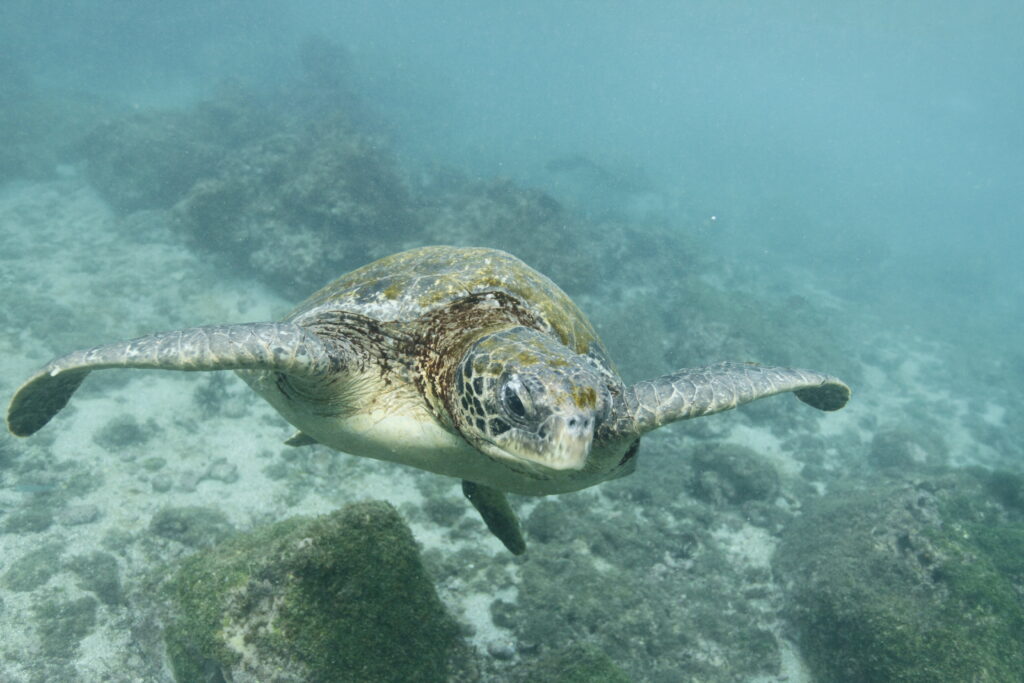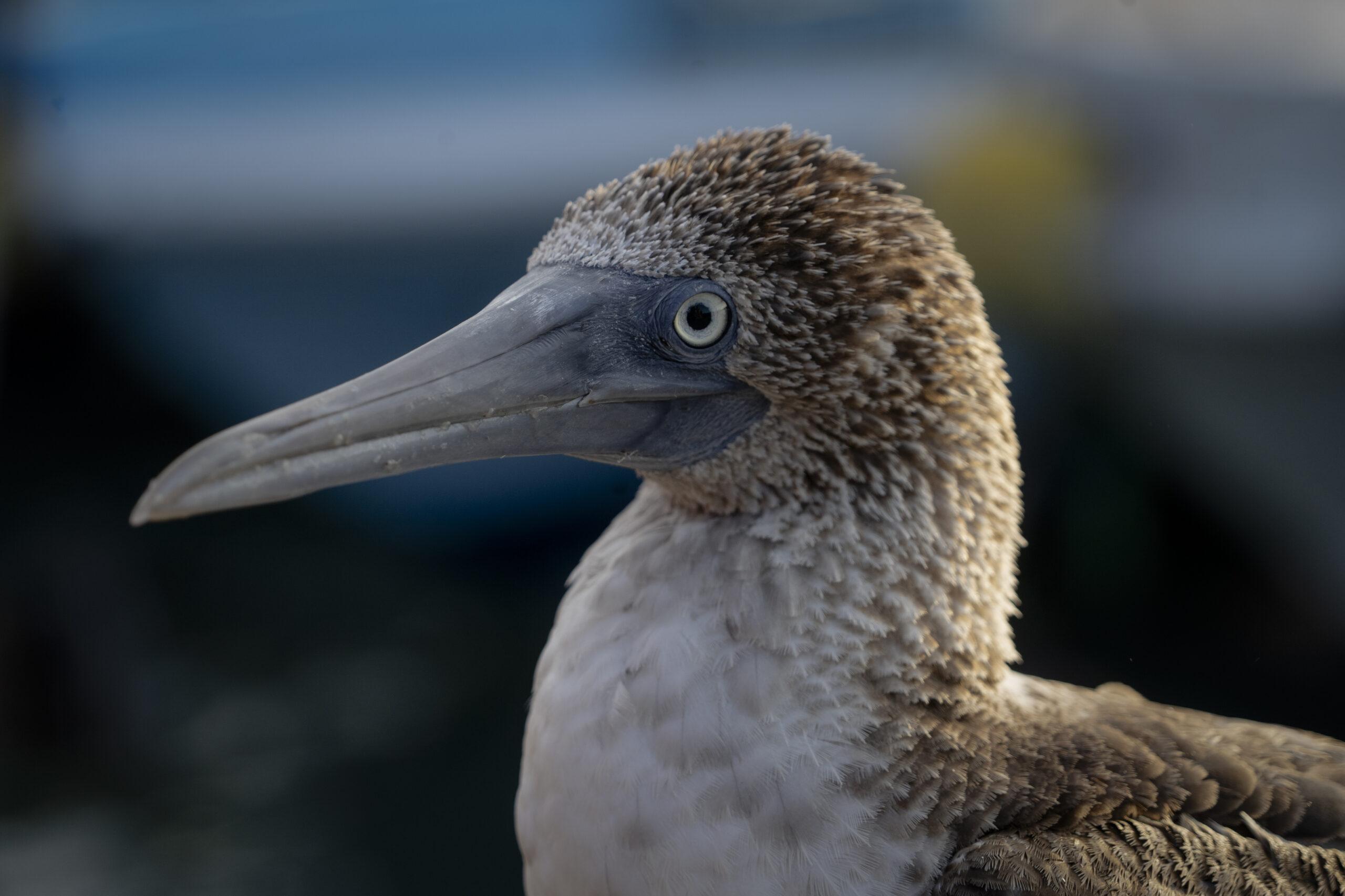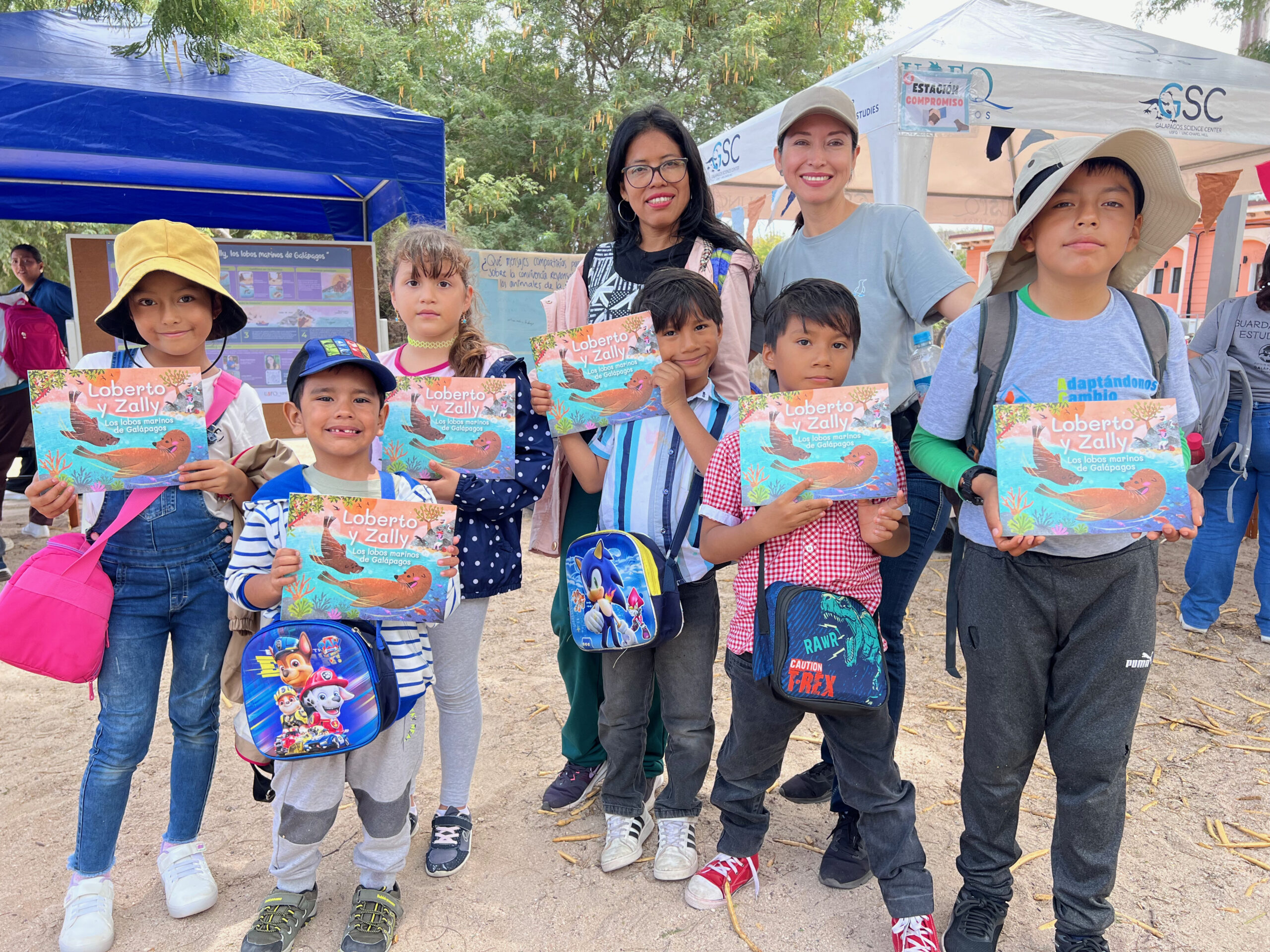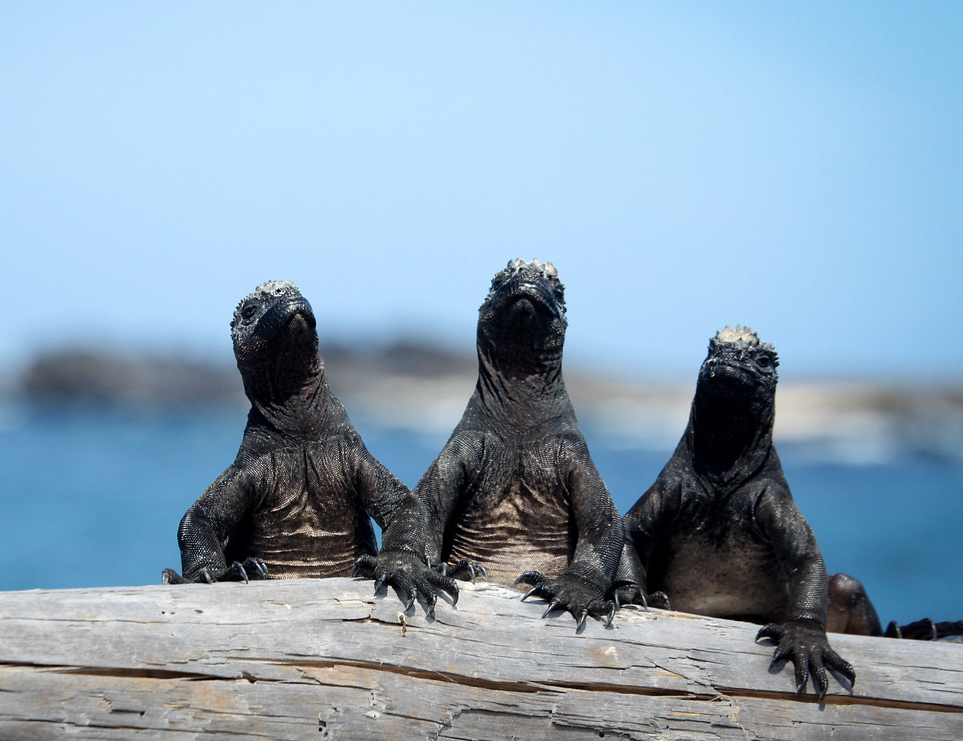Una investigación reciente ha revelado una alarmante disminución en las poblaciones de tortugas marinas en el Pacífico Oriental Tropical. Este estudio, que se basó en más de 35,000 inmersiones realizadas en la Isla del Coco, Costa Rica, durante 26 años, proporciona una visión profunda de la vulnerabilidad de las tortugas frente a las presiones ambientales y los depredadores.
Los datos recopilados mostraron que la abundancia relativa de tortugas marinas disminuye un 26% cada año. Factores como el aumento de la temperatura del mar y la interacción con tiburones tigre, uno de los principales depredadores de las tortugas, han sido identificados como causas clave de esta tendencia. Un aumento de solo 1°C en la temperatura superficial del mar puede reducir la presencia de tortugas en un 7%.
Esta investigación resalta la importancia de las áreas marinas protegidas y la necesidad de una mayor protección para las tortugas en su entorno marino, ya que migran a través de vastas áreas como Galápagos y la Isla del Coco. Aunque estas áreas cuentan con protección, las tortugas siguen enfrentándose a amenazas fuera de estas zonas, como la captura incidental en la pesca.
El estudio también subraya el papel crucial de la ciencia comunitaria. Muchas de las observaciones fueron realizadas por buzos profesionales durante inmersiones turísticas, lo que demuestra cómo las colaboraciones entre científicos y ciudadanos pueden contribuir significativamente a la conservación de especies marinas.
Estos resultados ponen de manifiesto la necesidad urgente de medidas más efectivas para proteger a las tortugas marinas, especialmente en contextos de cambio climático y presión pesquera. La información obtenida a través de este tipo de estudios es fundamental para desarrollar estrategias de conservación que permitan la recuperación de estas especies vulnerables.
Descubre más en el siguiente enlace:
https://conbio.onlinelibrary.wiley.com/doi/epdf/10.1111/csp2.13249






